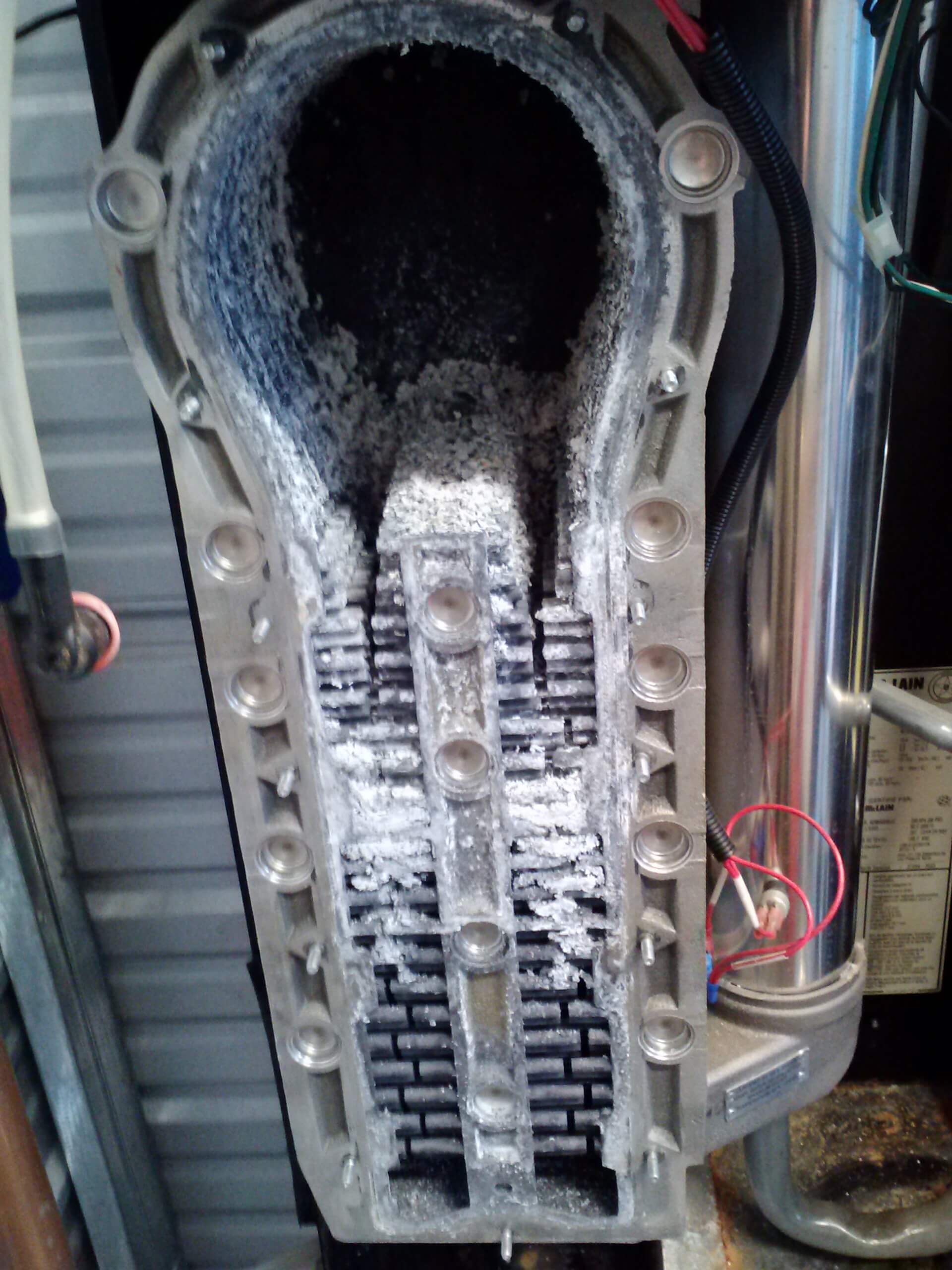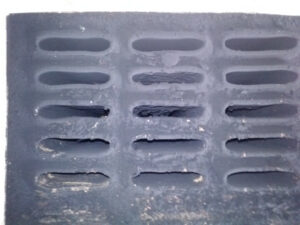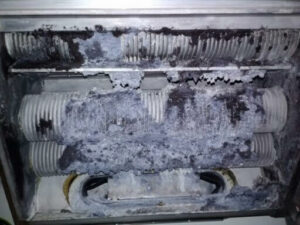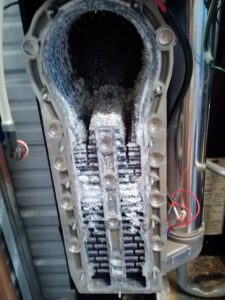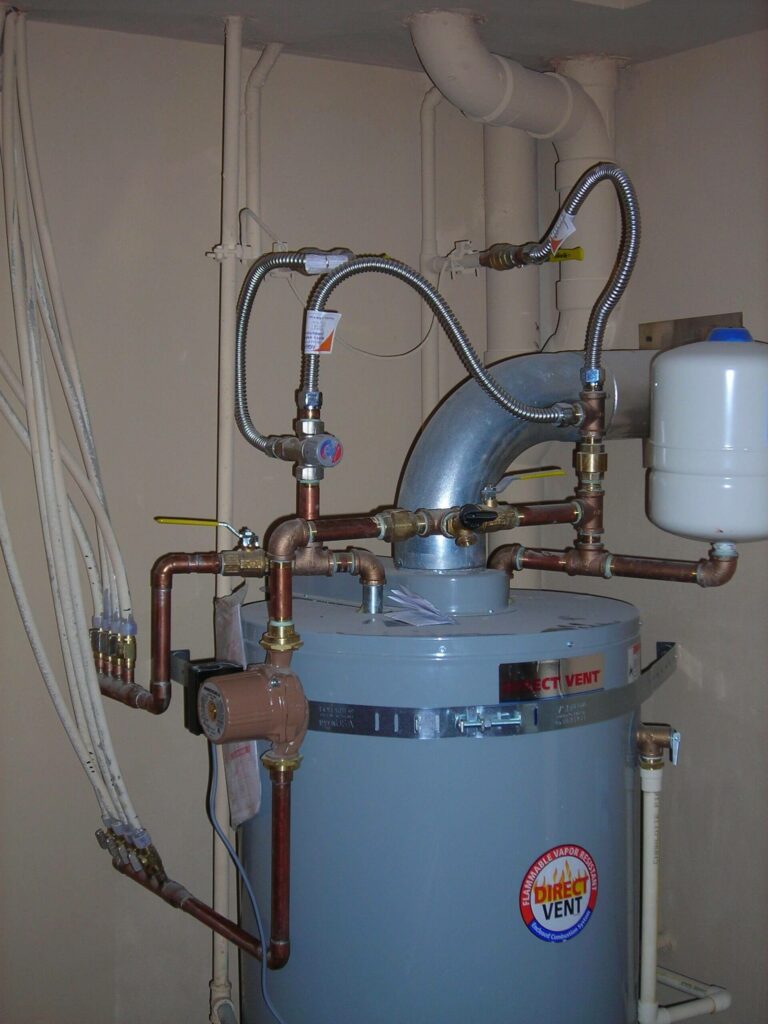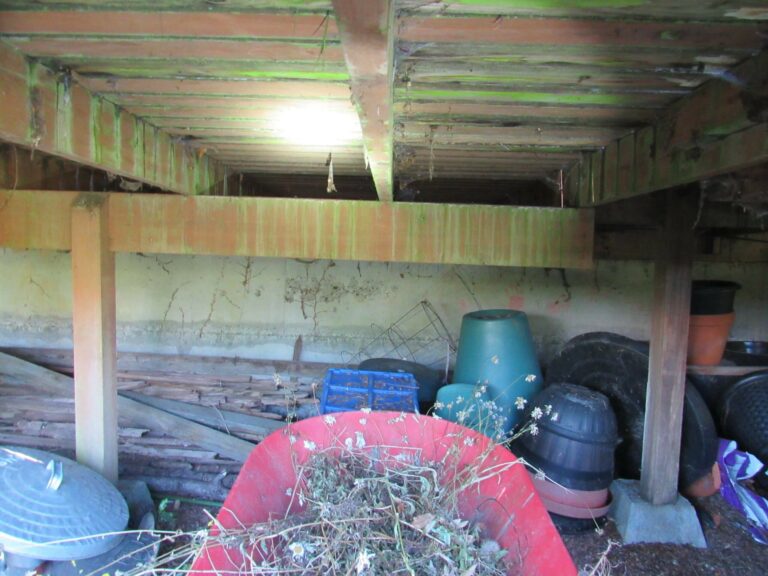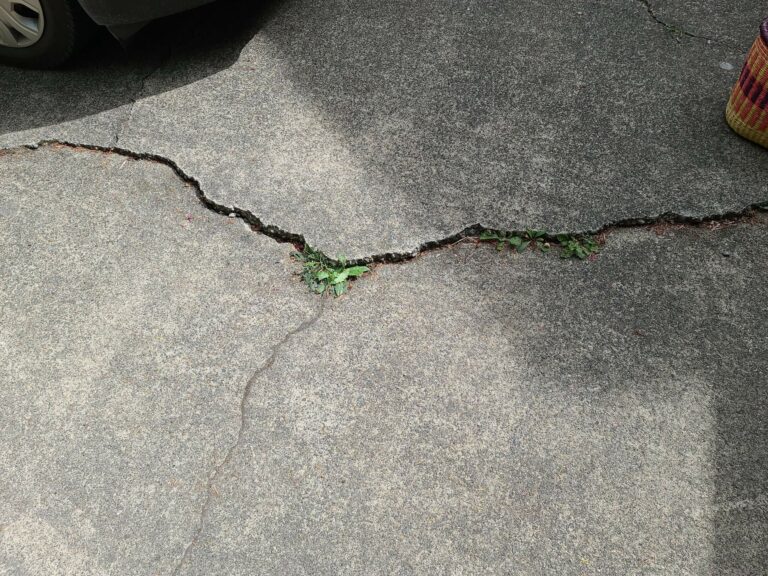As of April 16th, 2015, the manufacturers of water heaters must comply with a new energy efficiency standard set by the Department of Energy called the NAECA National Appliance Energy Conservation Act. The good news for consumers is that these new standards will save energy. The bad news is that many of the high-efficiency appliances that comply with this act, notably gas water heaters and boilers, are not like your mom and dad’s water heaters; they are complex appliances with circuit boards and serpentine heat exchangers and they require regular servicing if they are going to work reliably and efficiently.
When it comes to the useful service life of heating equipment, there is one important guiding principle to understand: as a general rule, we trade service life for efficiency. This means the less efficient the heating equipment is, the longer it is likely to last. On home inspections, I often receive protests from clients when I inform them that their newer high-efficiency furnace has a design life of only 15-20 years.
“What do you mean,” they say, “I grew up in a house with a furnace that was over 50 years old.”
This is true. But that old furnace has a thick metal heat exchanger that is difficult to heat and very hard to wear through. By the time you heat that thick metal up hot enough to heat your home, you have lost lots of the energy out the flue. As a result, these older furnaces and boilers tend to be 60-80% efficient compared to newer gas equipment that is 90-95% efficient.
According to John McGinn, at Swift Plumbing in Seattle, the old water heating equipment – 80% efficient and less – was so simple it did not even require annual scheduled maintenance. Not true of these new water heaters. If you don’t do annual servicing and cleaning, the heat exchangers inside will clog up with scaling and mineral build-up and cause the heaters to work less reliably and less efficiently and even fail completely.
The photos attached show sediment build-up in relatively new water heaters.
Many conscientious homeowners are accustomed to servicing their furnaces but not their water heaters. If you have a high-efficiency water heater or boiler, protect your investment and do schedule annual maintenance to keep the appliance working safely and efficiently.
I hope this helps save you time, money and energy.

